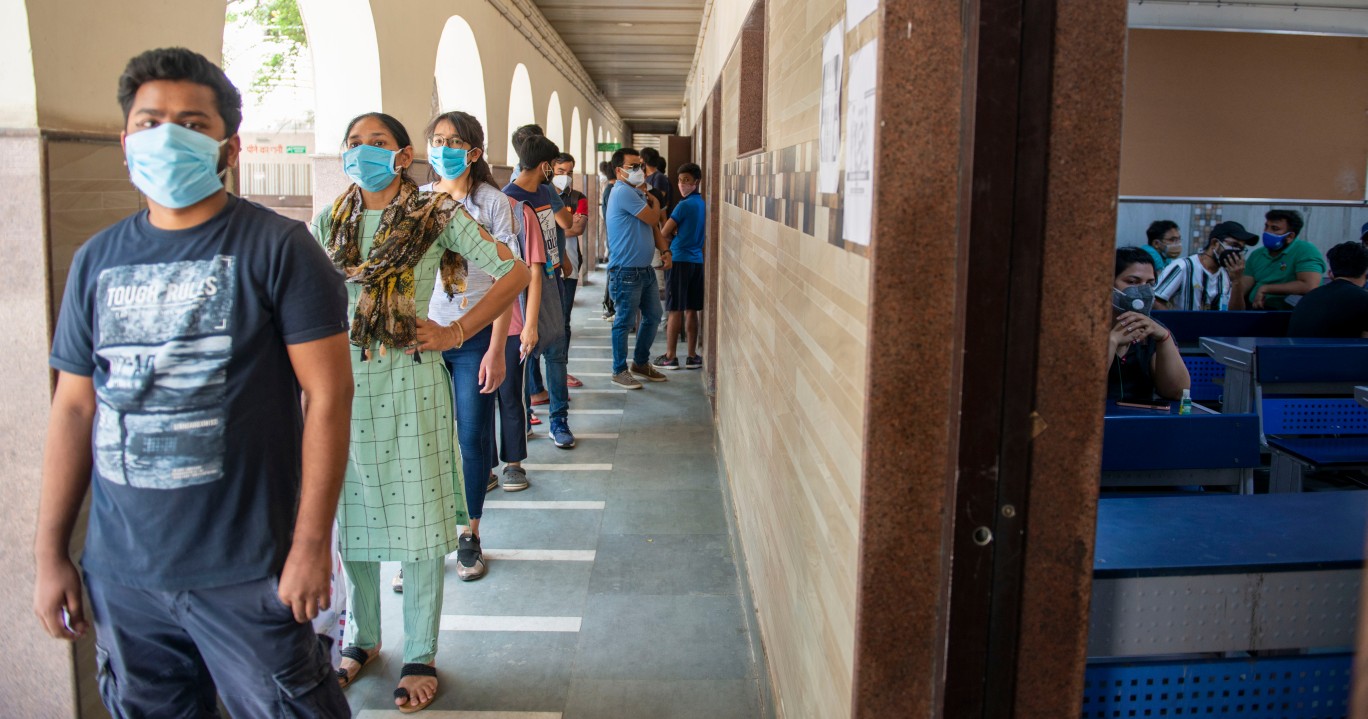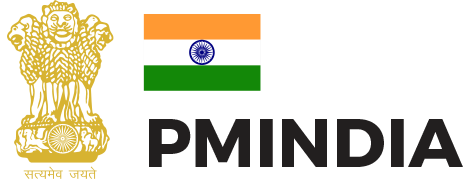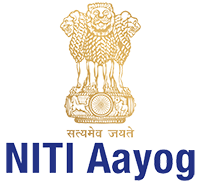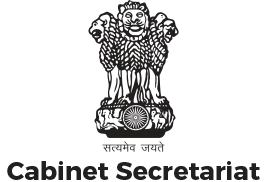
‘How COVID triggered changes in India’s disaster management framework’ by ‘Dr. Bibek Debroy’ published in ‘The Week’
I know a politician who is petrified of air travel. He belongs to a social class in which travelling by air is the norm. Since he opts to travel by car, this makes life as a politician a difficult affair. Data are better in the US than in India. There, the probability of dying in a car crash is many times more than the probability of dying in a plane crash. Actual numbers may be different, but relative magnitudes must be similar in India, too. Nevertheless, he has his perception of risk.
In every act of decision-making, we weigh risks. Pedestrians die. But we do not hesitate to step onto the road because of the perception that risk is low. Most people are risk-averse. We do gamble and people do win at casinos, though, on average, the odds are stacked in favour of casinos. Otherwise, casinos would not be in business and state governments would not earn revenue by selling lottery tickets. But taking risks on money is different from taking risks on life and limb. Even people who take risks on the former are likely to be risk-averse on the latter.
Read full article here: https://www.theweek.in/columns/bibek-debroy/2022/01/15/how-covid-triggered-changes-in-india-disaster-management-framework-bibek-debroy.html



